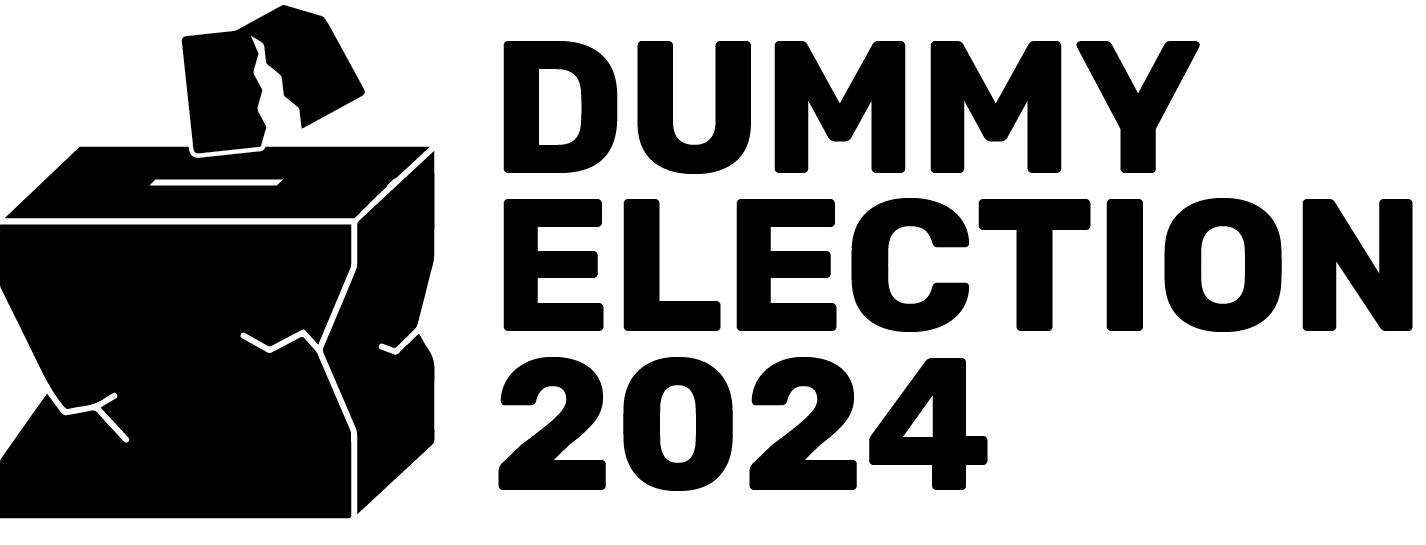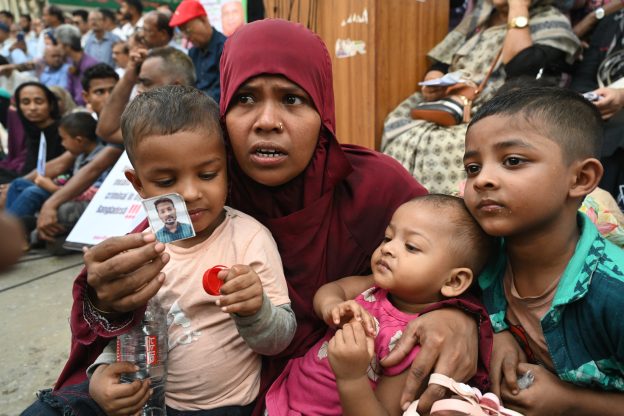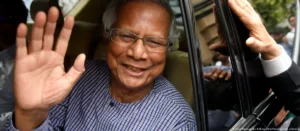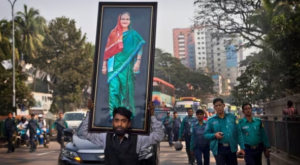Ali Riaz
Ahead of general elections, Bangladeshi courts have convicted at least 1,596 activists of the opposition Bangladesh Nationalist Party.
The January 7 general election in Bangladesh has drawn the attention of the international media, especially since the violent crackdown against the opposition began on October 28. On that day, law enforcement agencies forcibly dispersed a peaceful rally of the opposition Bangladesh Nationalist Party (BNP). Thousands of BNP leaders and activists have been arrested since.
The ruling Awami League (AL) is forging ahead with holding elections, rejecting the opposition’s demand for a neutral government to oversee the election. Alleging that the election will be a repeat of the two previous rigged elections, in 2014 and 2018, the BNP and 18 parties are boycotting the election.
Twenty-eight parties, including the AL led by Prime Minister Sheikh Hasina, have filed candidates.
As major opposition parties are not participating, and the incumbent has divvied up parliamentary seats with its allies, the AL’s victory in the stage-managed election is all but certain. The ongoing machinations, including fielding “dummy” candidates, and coercing individuals and parties, have already made the election a “farce.”
The election has become an issue in the geopolitical tug-of-war between the United States and Western countries on the one hand and India, China, and Russia on the other. The former have been calling for a free, fair, and inclusive election while the latter countries have extended unequivocal support to the Awami League.
But a spectacular part of the so-called election is being played out in the courts in Bangladesh. Bangladeshi courts, in the past weeks, have been convicting the leaders and activists of the BNP with lightning speed. Between October 28 and December 28, at least 1,596 BNP activists and leaders have been convicted to various terms. These convictions are not only unprecedented but also indicative of what is to come after the sham election.
The Plan and Methodical Execution
Convictions of BNP leaders and activists began a few months ahead of the October rally. During July through mid-October, the courts in Dhaka were reported to have been holding hearings overtime rolling into nights. The New York Times reported that the charges against the opposition activists are “usually vague, and evidence is shoddy, at best.” The government, including Prime Minister Hasina, claimed that the court proceedings are not political, but what is happening inside the court points in a different direction.
The rise in the number of cases and convictions seems to be a part of a plan made months ago. On July 6, a meeting of high officials chaired by the deputy inspector general (DIG) “authorized an initiative to gather data on the cases of the leaders and activists from the BNP and another opposition group, the Jamaat-e-Islami Bangladesh party,” according to the Voice of America (VOA).
The objective of the meeting and subsequent actions was unambiguous, according to leaked minutes cites by VOA:
On the issue of elections, the government is under international pressure. By any means, the government must win the election. BNP and Jamaat must be declared disqualified from the election. … All BNP and Jamaat leaders who are expected to contest elections are accused in some cases. If their trials, convictions, and punishments are ensured quickly [by September 2023], they will be declared disqualified from taking part in the elections. Every Thursday after 5.00 p.m., I will meet the law secretary to ensure issuance of directives — where and what exactly are needed — for the judges, to ensure conviction [of the opposition leaders].
Note that the meeting minutes specifically mentioned that the ministry of law will “issue directives” to “judges.”
Number and Pattern of Convictions
Astounding is an understatement to describe the number of convictions, as the number is growing by dozens every day. Analysis of the available numbers and the timing of these convictions show a pattern. According to the data gathered from the public domain, in the past two months, on average 177 BNP leaders and activists have been convicted each week. Considering a six-day working week, on average, almost 30 persons have been convicted per day (Figure 1).
Most of the convictions were handed in Week 4 (Nov 18– Nov 24). This was the week immediately after the election schedule was announced by the Election Commission. Ironically, Chief Election Commissioner Kazi Habibul Awal announced the schedule on November 15 in a live telecast, the first ever to do so, saying “there is an environment of holding free, fair and participatory polls.”
The second highest number of convictions came in Week 9, when the election campaign began in full scale.
Who Is Being Convicted?
Those who have been convicted can be divided into three categories: national-level leaders, local-level leaders, and grassroots activists (Table 1).
According to the available data, 37 national-level leaders have been convicted in the past nine weeks, and most of these convictions came within the first four weeks since October 28. In Week 4, the largest number of activists were handed various jail terms.
Length of Convictions
The length of these convictions has varied between six months to seven years (Table 2). The average length of convictions has been 2.44 years. The length of convictions becomes significant, especially for the national and local level leaders, because the Bangladesh constitution stipulates that an individual will be disqualified from contesting in a parliamentary election, if “convicted of a criminal offence involving moral turpitude and… sentenced to imprisonment for a period of more than two years.” This provision will become ineffective only five years after the individual’s release. In many instances, these convictions will make these individuals ineligible to be a candidate in the next election.
Allegations and the Time of the ‘Crimes’
Most of these cases involved alleged incidents in 2013 and 2018. According to the available data, 1,047 people have been convicted for committing arson, vandalism, damage of public property, and attacks on police in 2018, the year of Bangladesh’s last election. The merits of these cases are suspect because it has been reported in the press over the years that the police have been filing fabricated cases against political activists, particularly ahead of the election. These were described by the media as “ghost cases.”
There were three kinds of “ghost cases” – (1) incidents that have not taken place at all; (2) incidents that have been exaggerated, with criminal complaints filed against thousands of “unknown” people to allow for anyone to be prosecuted later; and (3) incidents that occurred, but where charges have been filed against people who were not present. The fictitious nature of the cases can be understood from the fact that even dead men have been charged with crimes of attacking police.
The second highest number of convictions have been for alleged crimes committed in 2013, ahead of the 2014 election. A total of 398 people has been convicted for alleged involvement in arson, vandalism, and attacks on police in 2013. Also, it is worth noting that these convictions are mostly based on depositions of the police and in many instances without corroborations from independent witnesses.
Weaponization of the Judiciary
The role of the judiciary in serving the political ends of autocratic rulers is nothing new. In an incisive study about Francophone Africa, titled “Undue Process: Persecution and Punishment in Autocratic Courts” (2022), Fiona Feiang Shen-Bayh showed how laws and courts are used by autocratic rulers to provide a veneer of legality and justice to the persecution of opposition. She writes, “autocrats invoke the institutions of criminal justice for repressive ends.”
This is called weaponization of the judiciary. The overriding objective of cases against opponents by autocrats is not intended to adjudicate innocence or guilt of the accused, wrote Judith Shklar in 1964, but to “pursue a very specific policy – the destruction” of a political opponent.
In the past weeks, these words have come to life in Bangladesh.
This report was first published in The Diplomat, on January 1, 2024
